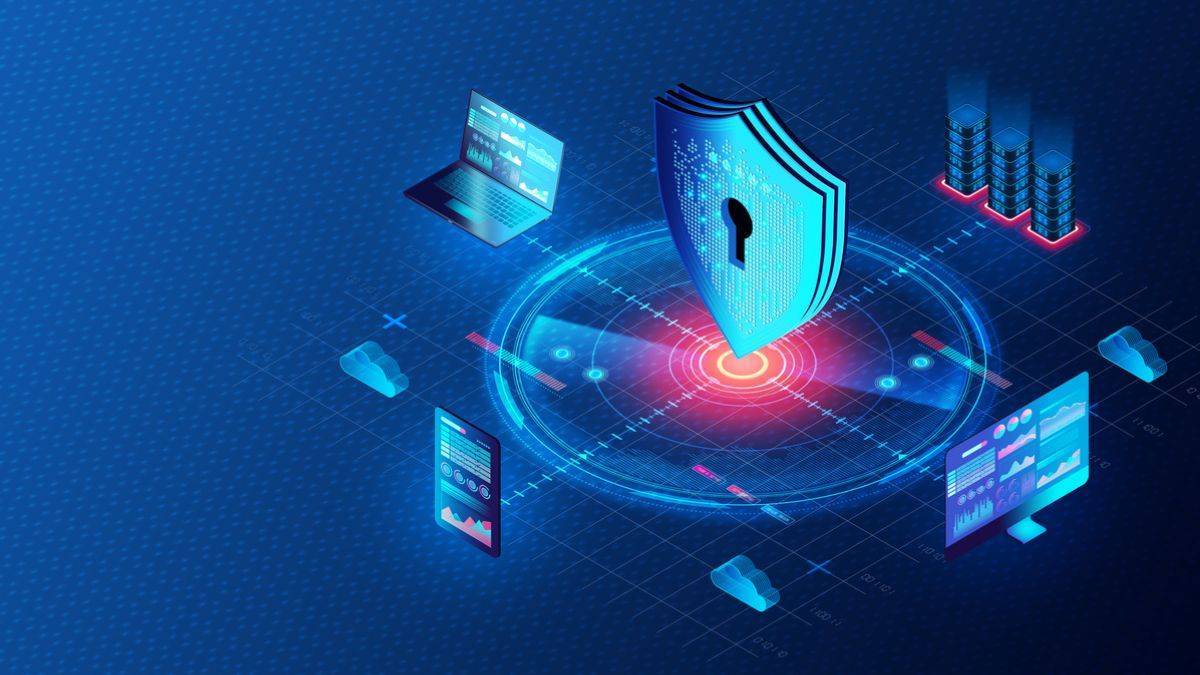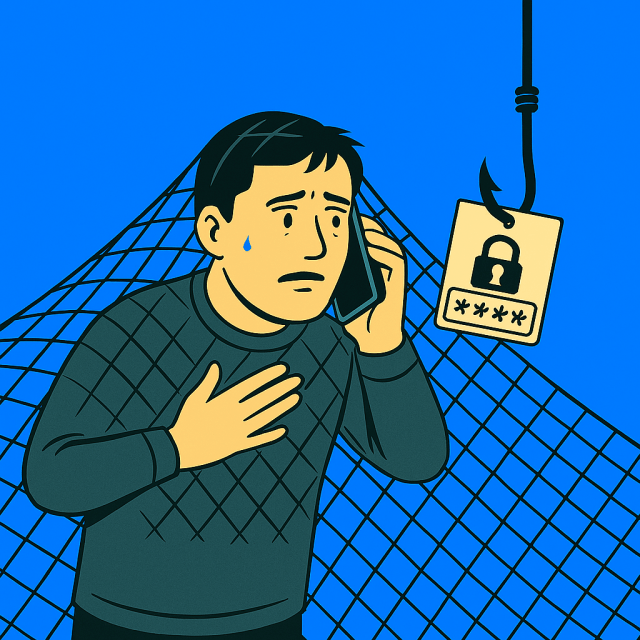How to choose the right EDR tools for your business
Cyber threats are evolving at a rate businesses struggle to keep up with. Organisations, big and small, require robust security measures to defend against a range of malicious attacks.

Cyber threats are evolving at a rate businesses struggle to keep up with. Organisations, big and small, require robust security measures to defend against a range of malicious attacks.
One of the most effective ways to bolster your business’s cyber security is by implementing endpoint detection and response (EDR) tools. These tools provide a proactive defence mechanism against known and emerging threats, ensuring your critical data and operations remain secure.
But how do you choose the right EDR tools for your business? This guide will walk you through the essential factors to consider.
What are EDR tools?
Endpoint Detection and Response tools are security solutions designed to monitor, detect and respond to malicious activities on endpoint devices like laptops, desktops, servers and mobile devices. These tools provide real-time visibility into endpoint activities, enabling businesses to detect threats early and take swift action to contain and mitigate potential risks.
In simple terms, EDR tools are the vigilant watchmen of your cyber security infrastructure. They constantly analyse endpoint behaviours and alert you to anomalies that could indicate a breach.
Why EDR tools are critical for modern cyber security
Modern cyber threats are sophisticated, making it imperative for businesses to employ solutions that go beyond traditional antivirus software. EDR tools in cyber security offer comprehensive protection by not only identifying threats but also providing the means to investigate and neutralise them.
Benefits of EDR tools in cyber security
- Real-Time Threat Detection – EDR solutions can detect malware, ransomware, and other advanced threats in real time, reducing the window for cybercriminals to exploit vulnerabilities.
- Forensic Analysis – If a breach does occur, EDR tools provide detailed logs and reports to help understand the root cause, enabling faster resolution.
- Automated Response – Many EDR tools come with automated response capabilities, allowing you to isolate compromised devices instantly and mitigate threats without manual intervention.
- Enhanced Visibility – Businesses gain full visibility into endpoint activities, helping to spot unusual behaviour patterns before they escalate into a serious incident.
Key considerations when choosing EDR tools
Choosing the right EDR tools is more than just comparing prices or checking off a feature list. You need to assess your organisation’s unique needs, infrastructure and risk profile. Here are the core factors to evaluate:
- Compatibility with your IT environment
The best EDR tools seamlessly integrate into your existing IT infrastructure. Whether you’re running on Windows, macOS, Linux or a combination of operating systems, ensure that the endpoint detection and response tools you’re considering are fully compatible.Some are designed specifically for cloud environments, while others offer hybrid or on-premise options. Select a tool that aligns with your business’s current and future IT roadmap.
- Threat detection capabilities
Not all EDR security tools offer the same level of threat detection. Some tools excel at detecting malware, while others are better suited for identifying zero-day exploits or insider threats. Look for a solution that provides advanced detection capabilities, such as behavioural analysis, machine learning and AI-based threat intelligence. This ensures your organisation is protected against a broader range of threats. - Incident response and mitigation
An effective EDR tool not only detects threats but also provides robust incident response capabilities. Automated threat containment, rollback functions (for systems compromised by ransomware) and detailed threat analysis are crucial features to look out for. The faster your system can respond, the less damage a potential attack can cause.For businesses that may not have the resources to manage these processes in-house, outsourcing to a managed EDR solution, like the one offered by ek.co, provides a comprehensive solution that includes threat detection, response and mitigation.
- Scalability
As your business grows, so too will the number of endpoints you need to protect. Ensure the tools you choose can scale with your organisation, whether that means protecting additional devices, integrating new services, or evolving with an increasingly remote workforce. - Ease of use and management
The right solution should streamline your cyber security processes, not complicate them. Look for tools with intuitive user interfaces and dashboards that provide clear, actionable insights. Additionally, the tool should offer seamless integration with your existing security information and event management (SIEM) systems to enhance incident management and reporting.
How EDR tools boost business security
The true value of EDR tools lies in their ability to fortify business security on multiple levels. These tools monitor all endpoints, continuously learning and adapting to new threats. Unlike traditional antivirus software, which relies on signatures of known threats, EDR security tools proactively hunt for suspicious behaviour, giving you the upper hand against cyber adversaries.
By continuously monitoring endpoint activity, detection and response tools ensure that potential threats are caught and dealt with in real-time. Whether it’s a phishing attack, malware infiltration, or a more sophisticated zero-day exploit, EDR tools provide an early warning system that helps protect your organisation from costly downtime, data breaches and reputational damage.
Common challenges with EDR tools implementation
While EDR tools offer comprehensive protection, there are challenges businesses may face during implementation. These include:
- Cost: Some EDR tools can be expensive, especially for small businesses. The cost increases with the number of endpoints being protected.
- Management Complexity: Implementing and managing EDR tools often requires specialised knowledge, which may be a challenge for organisations without a dedicated security team.
- False Positives: EDR tools can sometimes flag legitimate activities as threats, which can lead to unnecessary interruptions or investigation processes.
Conclusion
Choosing the right EDR tools for your business is a crucial investment in safeguarding your organisation against an ever-growing landscape of cyber threats.
For organisations that lack in-house security expertise or resources, managed services like Ekco’s Managed Detection and Response can offer peace of mind. These services provide expert management of EDR tools, ensuring that your business is protected around the clock by professionals who understand the complexities of cyber security.
Ultimately, implementing a robust EDR tool is an investment not just in technology but in the long-term health and security of your business. By choosing wisely, you can prevent costly data breaches, reduce downtime, and enhance your organisation’s ability to respond swiftly to potential threats—keeping your business one step ahead of cybercriminals.

Question?
Our specialists have the answer



